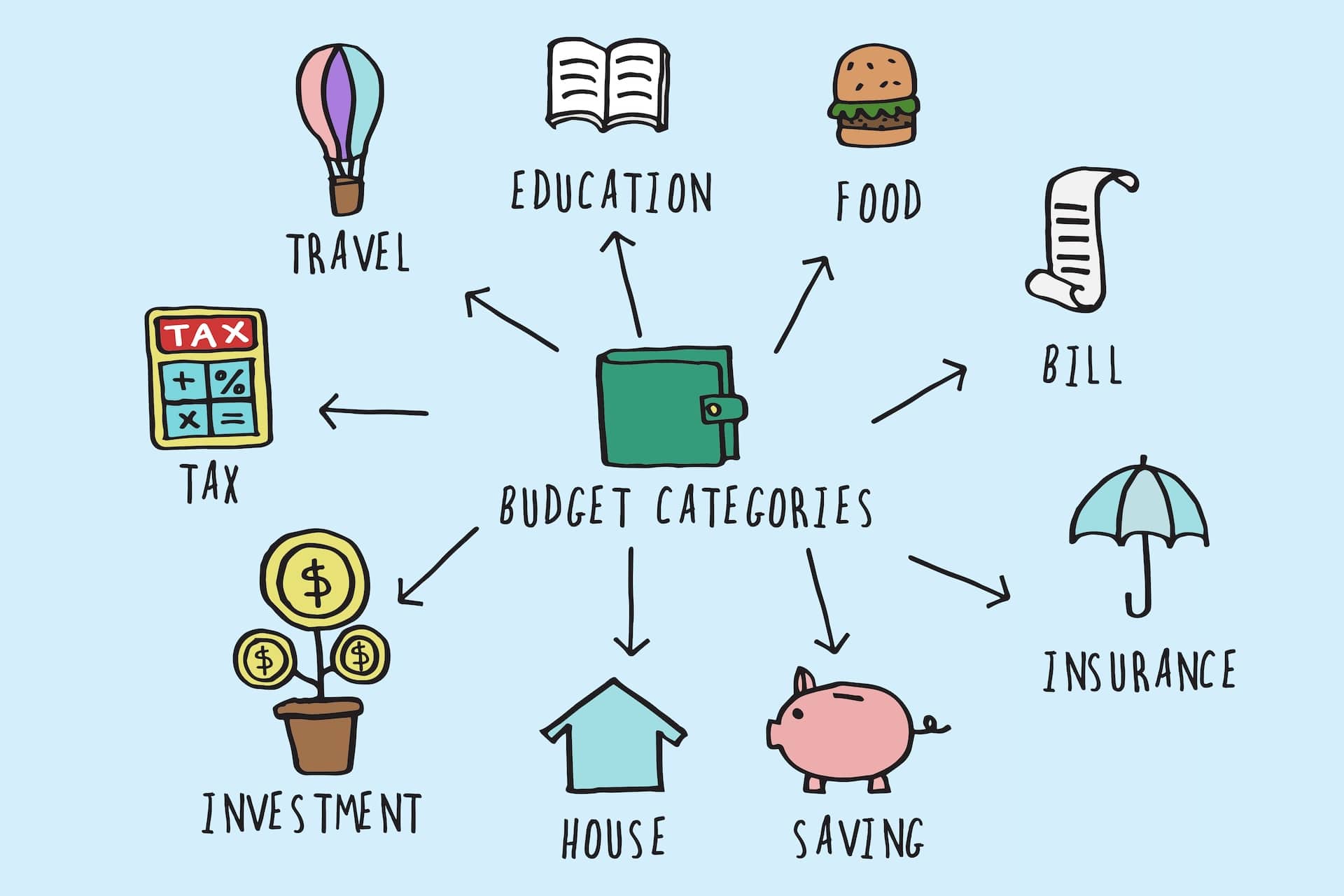Credit Sesame discusses how the recent positive news should prompt efforts to organize household finances.
After a few years of going from crisis to crisis, recent news suggests the US economy has reached a period of relatively smooth sailing. That makes this an ideal time to put household finances in order.
It is said that desperate times call for desperate measures, so it’s no surprise that recent years have prompted many consumers to make financial choices that may hurt them in the long run. The key is to view such emergency measures as temporary. Recognizing when a crisis is over is important, and reset your finances on a more sustainable course.
Some major economic news releases last week highlighted the economy’s progress in returning to normal last year. Now may be a good time for consumers to take advantage of the good times to improve their financial position.
Crisis mentality triggered a surge in consumer debt
Over the past few years, consumers have been blindsided by several unusual crises.
First, the COVID-19 pandemic required much of the economy to shut down temporarily. As a result, millions of Americans were out of work. While government assistance made up for this in the long run, the immediate impact in many cases was to throw household finances into chaos.
No sooner had the economy begun to open up again than a combination of supply chain disruptions, interference with oil and grain shipments due to the war in Ukraine and growing protectionist trade policies fueled a severe bout of inflation. The fastest price rises in 40 years put new stresses on household budgets.
Faced with these unexpected financial stresses, many consumers borrowed to make ends meet. From the third quarter of 2020 through the third quarter of 2023, total consumer debt rose by 23.1%. Credit card debt rose especially fast, increasing by 33.7%. Credit card debt is particularly concerning because it carries high-interest rates and has no fixed repayment term.
The return of steady growth and low inflation
Over the past year, the economy has shown considerable improvement.
First of all, growth stabilized. During the pandemic, the Gross Domestic Product (GDP) experienced wild swings. First, it contracted sharply, then bounced back at an inflationary pace.
Then, as things began to settle, there was a period of sluggish growth when the economy flirted with a recession. In 2022, GDP grew by just 0.7% after inflation. Last year, this rose to 3.1%, with robust growth in the second half of the year.
Tellingly, growth managed to strengthen without bringing back high inflation. Year-over-year inflation peaked at 8.9% in June of 2022. By the end of 2023, it had subsided to 3.3%.
The economic numbers say the crisis is over. However, consumer debt growth suggests many households are still in a mode of emergency borrowing.
Don’t get too comfortable
With the economy back to normal, it’s time to get household finances back on a more normal footing. That means living on a sustainable budget.
Some borrowing is normal, especially to buy long-term assets like cars or real estate. However, borrowing so much that you can’t afford the payments is unsustainable. Borrowing to meet ordinary, week-to-week expenses is also unsustainable.
Recent years have served as a powerful reminder that the economy cycles. With steady growth and moderate inflation, the economy is in a pretty good phase of its cycle.
However, the nature of cycles is that you can’t get too comfortable. When things are good, it’s wise to use the opportunity to prepare for more challenging times. In other words, now is a time to pay down debt and build up savings. It certainly isn’t a good time to continue unsustainable borrowing habits.
Making financial hay while the sun shines
Here are several possible ways of making the most of today’s favorable economic conditions:
- Rein in spending. Now that prices have stabilized, it’s a good time to create a budget that doesn’t rely on continued borrowing.
- Pay down debt. Reducing debt will ultimately free up more money in your week-to-week budget.
- Build emergency savings. Use today’s favorable conditions to cushion yourself for when the economic cycle turns against you.
- Catch up on retirement saving. The uncertain economy caused many workers to skimp on retirement contributions and even dip into retirement plans early; now’s the time to make up that lost ground.
- Get more from your bank accounts. In particular, online bank accounts offer opportunities to find higher interest on savings and reduced fees with free checking accounts.
- Pay less for your credit cards. Rates have changed a lot over the past couple of years, so do some shopping around to ensure you’re still getting the best deal possible.
- Beef up your credit score. Lenders are already tightening standards, which means bad credit will cost you more.
Again, the nature of cycles is that there are bound to be setbacks somewhere in the future. The people who are in the best position to ride out those hard times are those who prepared their finances when the going was good.
If you enjoyed Now is the time to get household finances in order you may like,
- Americans say they would prioritize saving and debt reduction
- Consumer overspending planned by households in 2024
- Build credit with your everyday debit purchases
Disclaimer: The article and information provided here is for informational purposes only and is not intended as a substitute for professional advice.




















